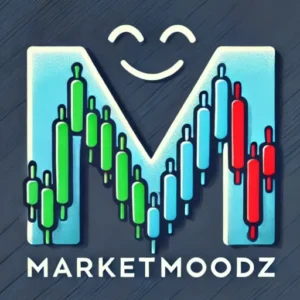In a world where the quest for the perfect body has never been more intense, a new player has entered the game: weight-loss drugs like Wegovy and Zepbound. But as with any hot commodity, where there’s demand, there’s also opportunity for mischief. The skyrocketing popularity of these medications has unleashed a wave of scams and cybercrime that’s leaving both wallets and waistlines at risk.
So, what’s the deal with these wonder drugs? They’re part of a class called GLP-1 drugs, which work by mimicking a hormone that makes you feel full. Sounds great, right? The problem is, manufacturers Eli Lilly and Novo Nordisk can’t keep up with demand. It’s like trying to get tickets to your favorite band’s reunion tour – everyone wants in, but there’s just not enough to go around. This shortage has created a perfect storm for fraudsters, with a black market of fake drugs, shady online pharmacies, and social media scams popping up faster than you can say “quick fix.”
The Food and Drug Administration (FDA) is on the case, investigating bad actors in the world of compounding – that’s when pharmacies mix custom medications. Meanwhile, social media platforms are playing whack-a-mole with fraudulent listings. It’s like a game of digital cat and mouse, with your health and safety as the prize. Lilly and Novo aren’t taking this lying down either. They’re flexing their legal muscles against compounders for trademark infringement, all while pouring billions into ramping up production.
So, what does this mean for you, dear reader? If you’re considering jumping on the weight-loss drug bandwagon, proceed with caution. The allure of a quick fix is tempting, but remember: if it seems too good to be true, it probably is. Stick to reputable sources, consult with healthcare professionals, and maybe consider that old-fashioned diet and exercise in the meantime. After all, the only thing worse than not losing weight is losing your hard-earned cash – or worse, your health – to a scam.





